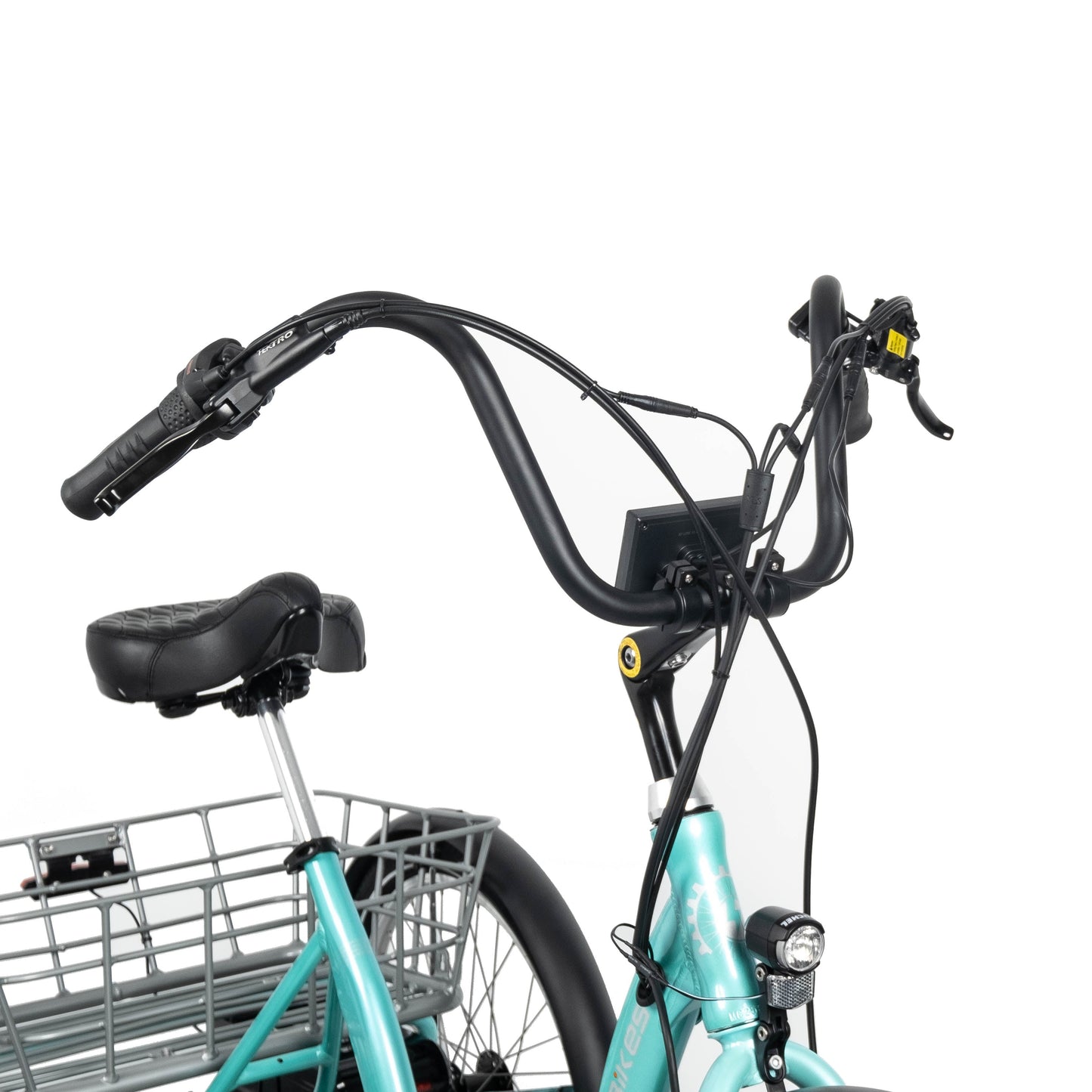Offer
Provide additional details about the offer you're running.
This store requires javascript to be enabled for some features to work correctly.

Bike riding can be beneficial to people living with Down’s syndrome, as a means of exercise, community access and social participation.
Not everyone living with Down’s syndrome is the same. In Netherlands, a study by the Netherlands Organisation for Applied Scientific Research (TNO) on Living with Down’s syndrome was undertaken on the suitability of riding for people with this condition. The study found that approximately half of the young people assessed could ride independently if they are accompanied and approximately 20% of the young people surveyed could cycle unaccompanied.
Typical conditions:
The benefits of riding are well-documented. Being able to enjoy open spaces whether alone or under supervision can greatly improve mental well-being, social opportunities and physical stamina, muscle strength and management of weight.
Many families we meet are most concerned about cognitive decision making by the participant they support. This centres on safety concerns when riding independently. Occupational Therapists may conduct a series of tests to assess the individual’s caution when riding in shared spaces or decision on the use of power versus mechanical operation of the bike.
Which ebike is right for me?
Appreciating that everybody is affected in differing ways, there are options which may be suitable for an individual:
Customisation of bikes to suit the individual is also recommended, particularly where core strength needs support or pedalling action can benefit from good foot placement and retention. Repetitive exercise supported by training is also a fundamental option which can greatly benefit those living with Down’s syndrome, to reinforce good practice in cycling and when to use power assistance and when to rely on muscle strength alone.
Case studies:
What can we do to help?
Sources:
https://www.tno.nl/media/6074/folder_downsyndroom_voor_ouders.pdf